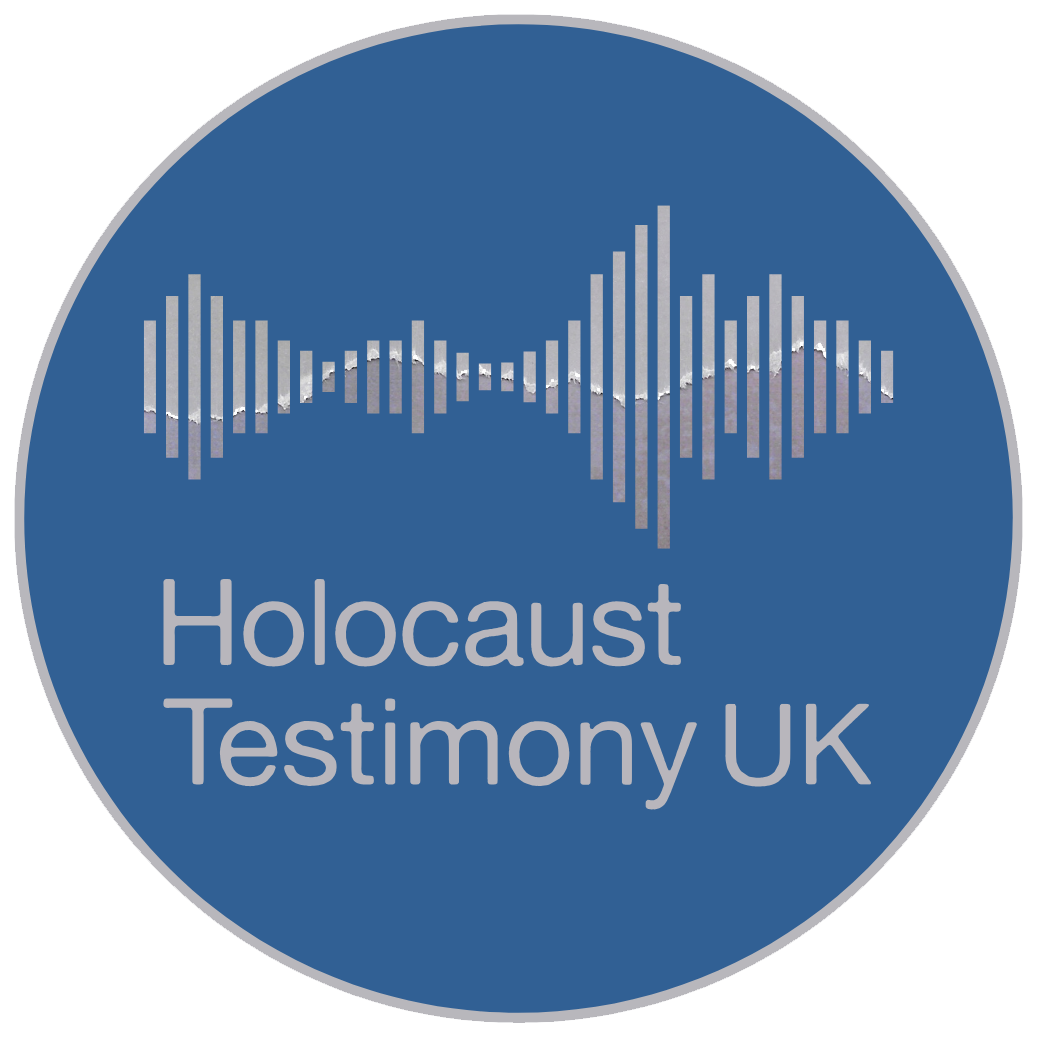top of page
<message>

Name
Born:
N/A
Place of Birth:
N/A
Date of Interview:
12/06/19
Place of Interview:
Interviewed by:
Name (Clickable)


It looks like this interview is hosted by one of our partners
Please click the link below to be redirected...
Visit Partner Website



INTERVIEW:
<name>
Born:
00/00/0000
Place of Birth:
Berlin
<name>
Born:
00/00/0000
Place of Birth:
Institution:
<partnerName>
Collection:
Date of Interview:
12/06/19
Interviewed By:
Dr Bea Lewkowicz

Interview Summary
Ruth Webber was born in 1934 as Ruth Alexa Kiewer in Berlin as the only child of Eduard and Erna (n'e Lechner) Kiewer. Her parents worked in the maternal family's business and lived in a flat with the maternal grandmother. The family though not very religious kept the high holidays. Ruth does not have many memories of Berlin. When her father was arrested and brought to Sachsenhausen after Kristallnacht the family decided to emigrate. Her mother ' presumably with her brother's help who was already in England and working as a doctor- obtained a domestic visa that included Ruth. She has vague memories of the trip and that they stayed in the beginning with the uncle where her father eventually joined them. He had left Germany via Denmark where they had family.
With the beginning of the Blitz Ruth was evacuated to Caerau, Wales where she stayed with a very friendly family. Her father was interned on the Isle of Man ' while her mother remained in London working. When her father was released, he started working for the same family in Sonning. Ruth then changed families to be near her parents. In 1942/43 the family moved to Reading where her father had found work in the biscuit factory, Huntley and Palmer's, and her mother in a local haberdashery shop. Ruth had to look after herself when she came home from school and kept herself busy with reading. Sometimes she went down the road to play with children in a hostel who had come on the Kindertransport. Ruth's parents approached the Reading United synagogue and Ruth had Hebrew lessons, but they never felt accepted and actually looked down on.
Members of her maternal family left Germany for various destinations and survived, her father's family was less lucky and three sisters perished in the Holocaust. This haunted her father later and he suffered from episodes of depression. After he left the factory, he worked for the AJR. He only went back to Germany to pursue his compensation but her mother never went back. Ruth finished grammar school and before she went to university taught English in Switzerland at the 'cole d'Humanit' -which had been the Odenwaldschule in Germany before the war. Then she studied English literature in Oxford. Here she met her future husband, Will, and they got married despite both sets of parents' reservations. Ruth went into teaching which she enjoyed throughout her professional life and only interrupted to raise her children. She identifies as 'Jewish Continental with English in lots of tastes.'
Key words:
Kiewer. Lechner. Berlin. Inowroclaw, Poland. Sachsenhausen. Domestic visa. Caerau, Wales (Morgan family). Sonning (Lonsdale family). Reading. Denmark. Isle of Man. 'cole d'Humanit'. Oxford. AJR.

bottom of page

